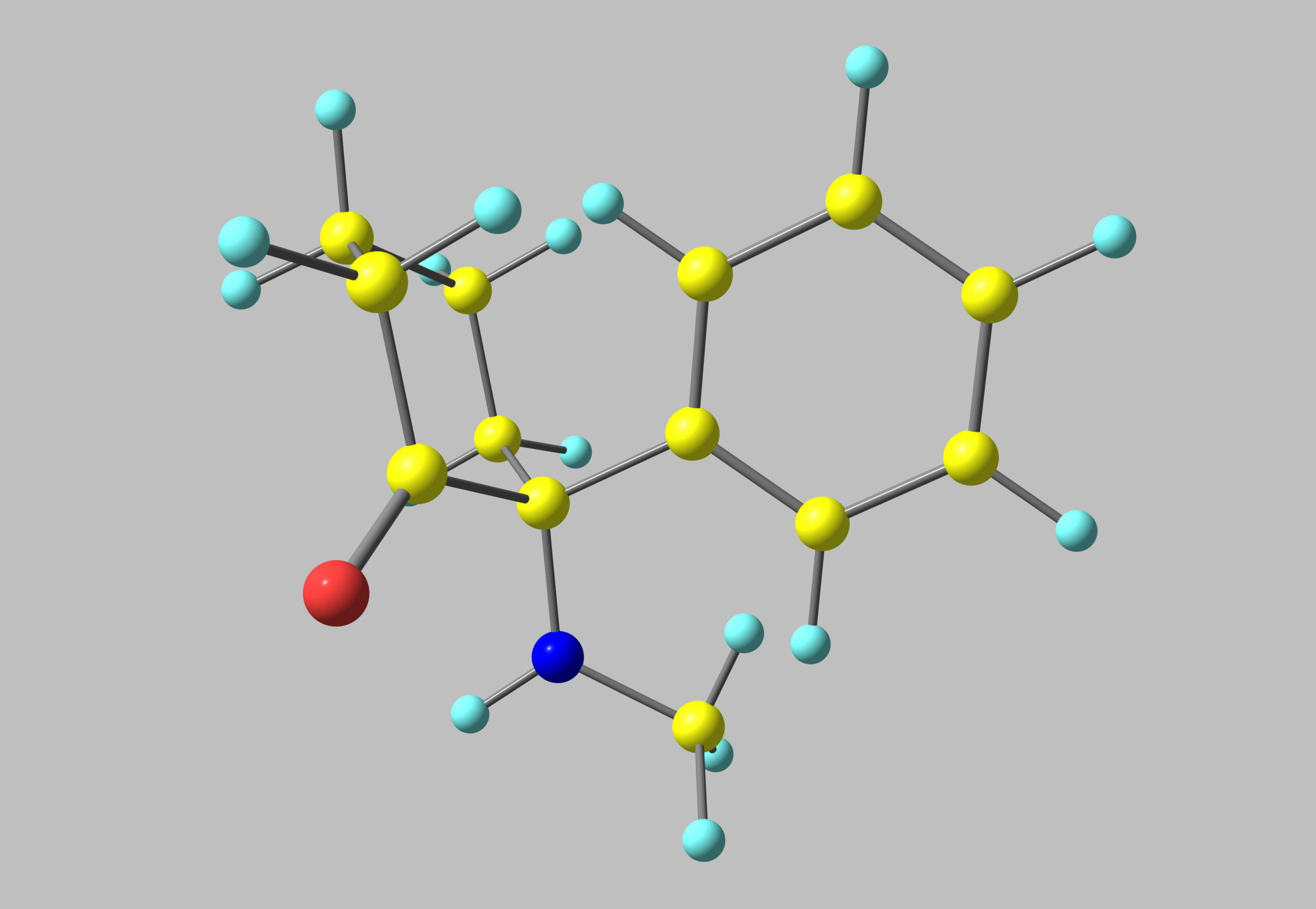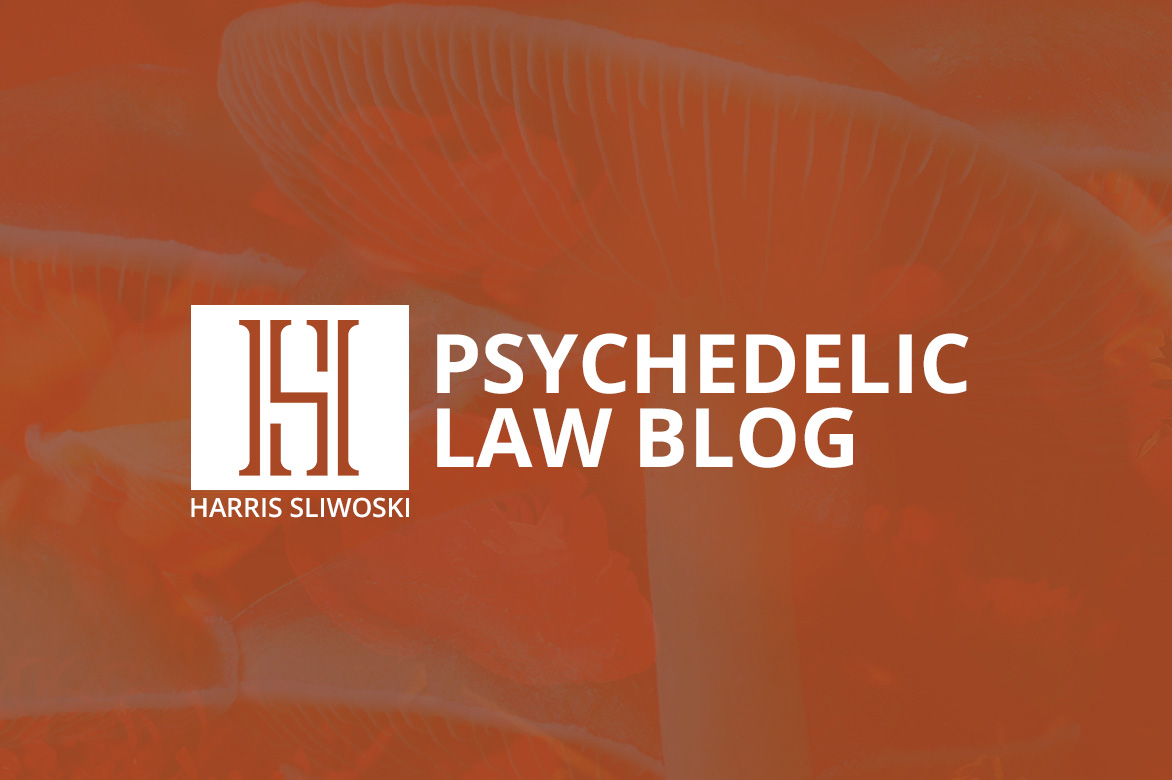Get in Touch with Our Ketamine Law Team
Get started by filling out the form, or call 1-888-330-0010 to schedule an initial consultation.
"*" indicates required fields



Doctors have relied on ketamine as an anesthetic for half a century, and now they recognize it as a powerful tool for treating mental health conditions. The past decade has seen the rise of ketamine clinics, where health care providers deliver infusions of the drug to treat conditions such as depression and post-traumatic stress disorder.
Harris Sliwoski’s attorneys pioneered the practice of ketamine law and have the experience, knowledge, and judgment to assist physicians and businesses in this quickly evolving area.
Contact UsKetamine infusion clinics deliver health care services and operate in a closely scrutinized and highly regulated industry. Harris Sliwoski helps clinic operators, managers and investors understand and comply with complex federal and state-level rules. These include:
Ketamine infusion clinics deliver health care services and operate in a closely scrutinized and highly regulated industry. Harris Sliwoski helps clinic operators, managers, and investors understand and comply with complex federal and state-level rules. These include:
Bans on Fee-Splitting: Fee-splitting arrangements involve one doctor referring patients to a second doctor and receiving a percentage of the fee charged by the second doctor. To reduce incentives for recommending unnecessary medical care, state laws bar fee-splitting, though fee-splitting can also cause issues under federal law. These rules can apply in complicated ways to benign business arrangements, such as those between ketamine clinics and the management services organizations (MSOs) they pay to handle their administrative needs. An MSO is a service organization of an integrated delivery system/hospital that provides management services for multiple affiliated physicians/clinics. In some states, laws may prohibit MSOs from referring patients to a ketamine clinic associated with that MSO.
The Anti-Kickback Statute: It is a federal crime to give or receive compensation for referrals of patients whose care is reimbursable by federal health care programs. One example of a prohibited kickback is drug businesses paying kickbacks to pharmacies to encourage them to switch patients’ prescriptions. While ketamine infusion therapy is generally not covered by government health care programs, it is still vital that a ketamine clinic not provide anything of value to doctors in exchange for patient referrals. MSOs and other businesses involved in funding or managing ketamine clinics must also comply with these laws.
The Corporate Practice of Medicine (CPOM) Doctrine: To prevent business decisions from influencing patient care, many states have laws barring non-healthcare businesses from providing medical services. For instance, Texas physicians cannot allow their MSOs to select the medical staff with whom the physician works, which directly affects patient care. Relationships between a physician providing ketamine therapy and their MSO must comply with these rules.

Ketamine is subject to various laws and regulations that ensure it is handled properly and administered safely. Harris Sliwoski has extensive experience helping businesses navigate ketamine clinic regulations and other requirements:
Lawyers Who Understand the Ketamine Industry
Harris Sliwoski’s ketamine lawyers know the legal and regulatory landscape and understand the needs of health care providers and businesses. We are dedicated to helping our clients address challenges and seize opportunities in this industry.

Beyond advising individual businesses, our psychedelic attorneys are committed to fortifying, defending, and building credibility for the industry as a whole. Harris Sliwoski’s psychedelic business lawyers are more than legal strategists—they are thought leaders: forward-thinking bloggers, educators, writers, and speakers.
View BlogGet started by filling out the form, or call 1-888-330-0010 to schedule an initial consultation.
"*" indicates required fields

“Harris Sliwoski expertly guided us through the formation of our company. They continue to assist with necessary registrations and compliance with numerous regulations. They were able to promptly answer all our many questions and provide understandable options, explanations and practical advice. We expect to continue to use Harris Sliwoski on a regular basis as our company expands. They were also able to introduce us other professional experts. We would not hesitate to recommend Harris Sliwoski to any companies in need of legal advice.”
This law firm was a huge help as our company went through the process of commercial licensing in the California cannabis industry. They have helped us with a variety of legal issues in a timely fashion, while clearly communicating with us throughout the process. Everyone we’ve worked with at Harris Sliwoski is an expert in their field and we have always felt that we were in good hands through our legal representation.
Legal stuff is always scary. And I’ve had to play offense a couple times, begrudgingly. To have Harris Sliwoski have my back? It made things a lot less prickly. They quickly walked me through my options, and were refreshingly consistent in their communications, timing and billing. I’ve been lucky to stay out of the legal side of things my whole career, thankfully. When things went a little wrong, Harris Sliwoski quickly made things right.
I am impressed with this law firm. They answered all my questions regarding cannabis businesses and the California cannabis framework, and they have helped me with a variety of legal issues in a timely fashion, while always clearly communicating with us throughout the process. They also redirected me to other quality people for my business needs. Everyone I worked with at Harris Sliwoski is an expert in their field, and I was in good hands throughout my legal representation.
I have been working with the lawyers at Harris Sliwoski for more than 20 years both as a business owner and as an executive at a large east-coast health system and that is because they have always efficiently provided high level and clear international law advice. Most recently, Harris Sliwoski provided legal support on many matters related to procuring medical products worldwide. Their support was particularly helpful to during the onset of COVID, when there was a big need for securing PPE quickly, all while navigating complicated international and domestic legal requirements. Harris Sliwoski’s team of international lawyers helped by conducting rapid-fire due diligence on potential suppliers, navigating the legal logistics for getting product from overseas and through U.S. customs, and drafting contracts to protect against various sorts of horribles. They did this by essentially providing what amounted to 24/7 service. I cannot recommend them highly enough.
Harris Sliwoski has represented our company in the legal cannabis industry for years. Harris Sliwoski has advised us in a wide variety of legal matters, and they are truly experts in their field. I would highly recommend Harris Sliwoski to anyone with questions about cannabis law, or any legal matters. They have been great for our Company, and will continue to guide us as our industry evolves
You won’t find a better partner than Harris Sliwoski when trying to navigate the complex world of healthcare regulations. They not only give sound and reliable legal advice, but they are also very responsive and are able to guide you in a way that helps you reach your business objectives as well.
When we started the process of building a ‘seed to sale’ cannabis company in Oregon, we saw the need for expert legal counsel. The cannabis sector is fraught with potential peril at every turn, and we wanted the best legal advice we could find. After talking to several firms and individuals, we feel extremely fortunate to have chosen Harris Sliwoski as our legal counsel.
We use Harris Sliwoski on all our international legal matters, including on our international litigation matters. We have over the last few years been involved in a couple big international legal disputes and Harris Sliwoski’s international dispute resolution team provided us with expert legal assistance on both matters. They were always very careful to explain to us what they were doing and why and what their actions would likely cost us in legal fees. Most importantly, we did extremely well on both cases and I have no doubt Harris Sliwoski was a big factor in that.
We have used Harris Sliwoski for legal help related to our international manufacturing. The lawyers with whom I worked had extensive familiarity with the international legal issues involved in our various projects and offered us key insights. I particularly appreciated how they always quickly and efficiently do what they say they will do and always within their cost estimates.